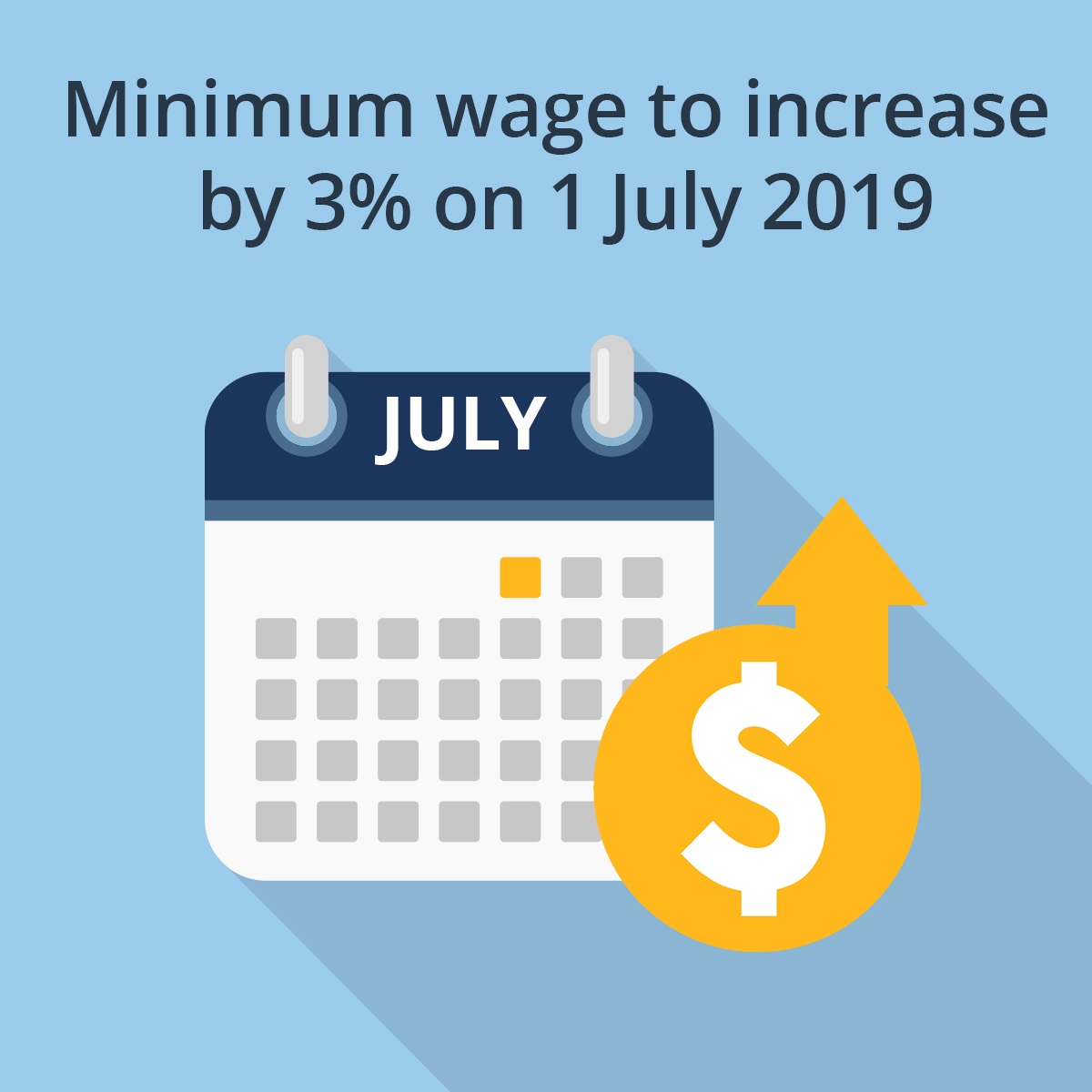The Fair Work Commission’s Minimum Wage Panel (“Panel”) has today handed down its minimum wage decision which increased the National Minimum Wage, together with all Modern Award minimum rates of pay, by 3.0%.
The Panel considered the current economic environment and reasoned that economic indicators now point to a healthy national economic environment, strong employment growth and that no adverse employment effects have been identified as a result of the previous two decision wage decisions.
The ACTU called for a $43.15 a week increase arguing it was incumbent on the Panel to make a decision that would lead the market and make meaningful progress towards the living wage. Employer groups such as the Australian Retailers Association proposed a modest increase of 1.8% a week. The ARA submitted that a ‘modest’ increase should be considered in light of the high increases in recent years being compensation that the economy, employment levels and business can no longer afford.
The Panel reasoned that low wage growth has significant economic and social consequences and that it was appropriate to provide a wage increase that will allow those who have their wages set by the National Minimum Wage and Modern Awards to better meet their needs.
From the first pay period commencing on or after 1 July 2019, the National Minimum Wage will increase to $740.80 per week, or $19.49 per hour.
What this means for you
Modern Awards
Employers who pay their employees at the National Minimum Wage or Modern Award rates of pay will need to apply the increase in the first full pay period on or after 1 July 2019.
Annualised Salaries and Individual Flexibility Agreements
If you have implemented Individual Flexibility Agreements, you will need to reassess those agreements to ensure employees remain “better off overall” when compared to the newly increased Modern Award rates. Employers who use annualised salary arrangements will need to conduct an audit of those annualised salaries against the new Award rates and working patterns to ensure the annual salary compensates for award entitlements.
Enterprise Agreements
The new Modern Award rates will also form the baseline for “better off overall” testing new Enterprise Agreements (EA). If you have an EA in place, you will need to ensure the minimum base rates in the EA remain at a minimum equal to the new Modern Award rates. If not, EA rates will need to be increased to match the Modern Award.
Allowances
Today’s decision will impact some allowances as well as base rates. A number of Modern Award allowances are expressed as a percentage of the “standard rate”, which is linked to the wage rate of a specific classification in the award. These allowances will therefore increase in line with the increase in the standard rate.
High Income Guarantee
Although not directly related to today’s decision, the High Income Threshold will also increase from 1 July 2019. Any employers who sidestep Award conditions by using High Income Guarantees will need to check their agreed terms, to ensure they remain compliant and above the new threshold. If guarantee levels fall below the threshold, or lapse for another reason, minimum entitlements will revert to those in the Award (including, for example, overtime and penalty rates).
Need help?
FCB can help you understand how this decision affects your business, including explaining how it works, auditing and calculating pay rates and assisting you implement an appropriate strategy.
Whether it is to ensure compliance, review flexibility in your workplace or to factor the increase into any budgeting, forecasts or salary reviews, employers will need to act quickly as the minimum wage increase will come into effect on 1 July 2019.
If you would like assistance with any of these matters, call FCB on (02) 9922 5188 or (03) 9098 9400.

